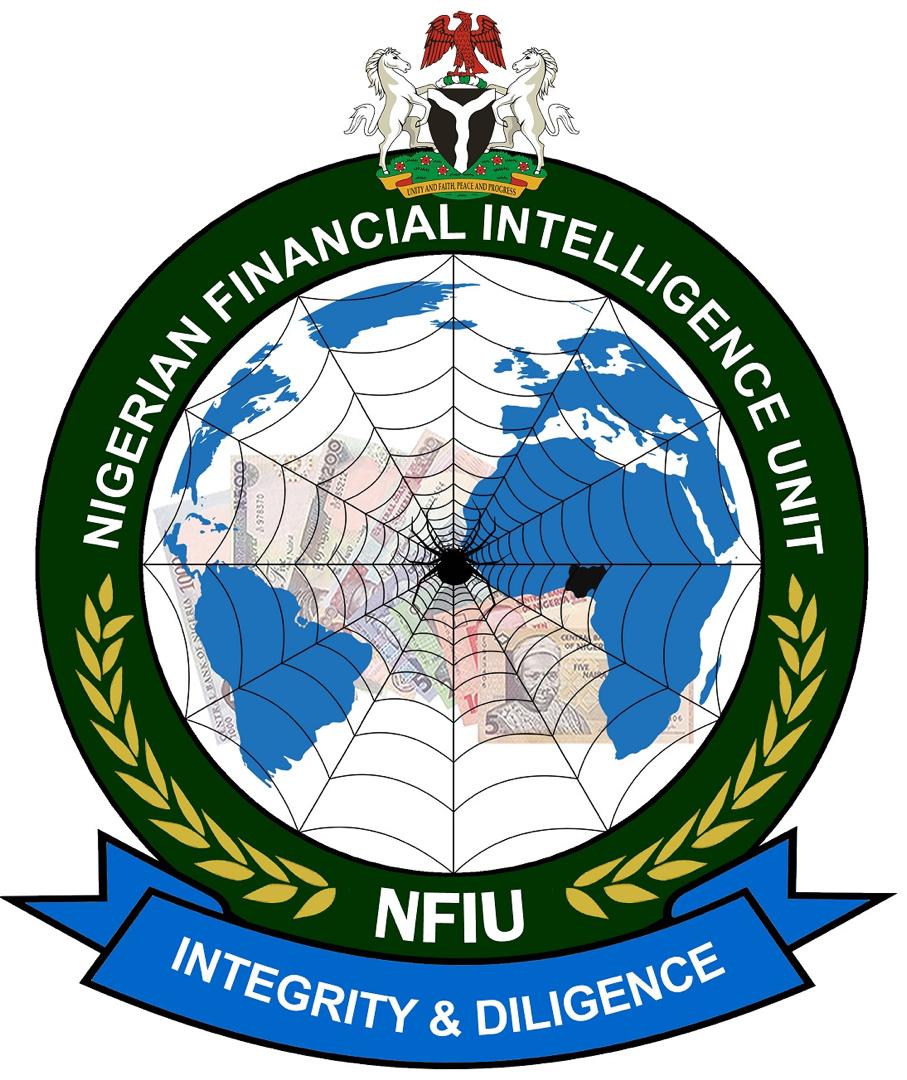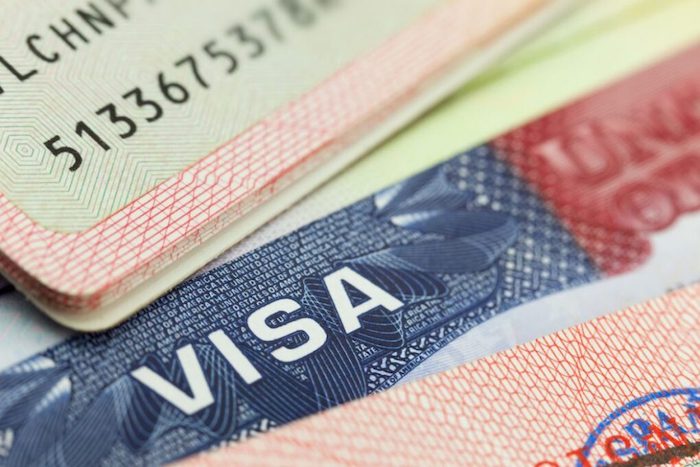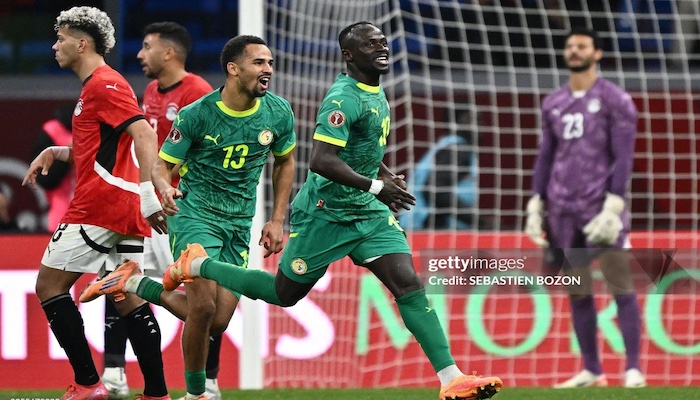
In a significant development for the nation’s financial integrity, the Nigerian Financial Intelligence Unit (NFIU) has announced that Nigeria has been officially removed from the Financial Action Task Force (FATF) grey list. This decision was made during the FATF Plenary held in Paris, France, in October 2025.
This delisting marks a historic milestone in Nigeria’s ongoing fight against money laundering, terrorist financing, and other forms of financial crimes. It underscores Nigeria’s strong commitment to maintaining global financial integrity and adhering to international standards in Anti-Money Laundering and Countering the Financing of Terrorism (AML/CFT).
Nigeria was initially placed on the FATF grey list in February 2023 due to identified strategic deficiencies in its AML/CFT framework. However, in the last two years, the country has demonstrated its resolve to overcome these challenges by implementing a comprehensive 19-point Action Plan.
This plan was developed in collaboration with the FATF and its regional counterpart, the Inter-Governmental Action Group Against Money Laundering in West Africa (GIABA).
Through a combination of legislative reforms, institutional strengthening, and enhanced inter-agency coordination, Nigeria has demonstrated sustained political will to achieve full compliance.
Key Milestones Achieved:”Enactment and enforcement of the Money Laundering (Prevention and Prohibition) Act, 2022 and the Terrorism (Prevention and Prohibition) Act, 2022.
”Operationalisation of the Beneficial Ownership Register, improving corporate transparency and accountability.
”Enhanced capacity of intelligence, law enforcement and regulatory agencies in detecting, analysing, and prosecuting complex financial crimes.
”Implementation of stronger supervisory and preventive measures to protect the financial system from abuse.
”Increased international cooperation and cross-border intelligence sharing with regional and global partners.
”Improved supervision of Designated Non-Financial Businesses and Professions (DNFBPs).”
Nigeria was prominently represented at the recent Financial Action Task Force (FATF) Plenary by a high-level delegation, which included the Honourable Attorney-General of the Federation and Minister of Justice, the Honourable Minister of Finance and Coordinating Minister of the Economy, the Honourable Minister of Interior, and the Director/Chief Executive Officer of the Nigerian Financial Intelligence Unit (NFIU).
Speaking on behalf of Nigeria, the Minister of Finance, Mr. Wale Edun, emphasized the country’s unwavering commitment to sustaining its reforms. He stated, “Nigeria’s ambition was never limited to simply completing the Action Plan and exiting the grey list. Our focus has been on driving reforms, enacting legislative enhancements, and strengthening institutions to ensure Nigeria effectively counters money laundering and terrorist financing. For us, the Action Plan was not the ceiling, but the floor of our aspirations.”
Mr. Edun highlighted that Nigeria’s commitment extends beyond mere compliance, reflecting a national transformation agenda that prioritizes transparency, integrity, and accountability.
The Attorney-General of the Federation, Prince Lateef Fagbemi (SAN), expressed gratitude to the FATF for inviting Nigeria to participate in the Guest Jurisdictions Initiative. This initiative allows Nigeria, represented by the NFIU, to actively engage in FATF meetings for one year and contribute to global discussions on Anti-Money Laundering and Countering the Financing of Terrorism (AML/CFT/CPF) policy.
In his remarks, Prince Fagbemi noted that this invitation signifies international confidence in Nigeria’s expertise and its commitment to combating illicit financial flows on a global scale.
Additionally, the Director/Chief Executive Officer of the NFIU, Hafsat Abubakar Bakari, who has been instrumental in leading Nigeria’s reform initiatives, praised the collective national effort that made the delisting from the FATF grey list a reality. She acknowledged the collaborative approach taken across various sectors to achieve this significant milestone.
“Nigeria’s removal from the FATF grey list is a true test of our resilience, coordination and unwavering commitment to reform. It is a clear signal to the world that Nigeria can meet and exceed global standards in financial integrity,” she said.
She added: “This is not the end of our journey, but the beginning of a stronger, more transparent financial ecosystem.
Bakari also expressed gratitude to President Bola Ahmed Tinubu, GCFR, for his leadership and strategic guidance, as well as to the Vice-President, who represented the President during the FATF assessment team’s high-level onsite visit.
She extended appreciation to the Secretary to the Government of the Federation, Federal Executive Council members, National Assembly, Judiciary, and Heads of Agencies on the National Task Force for their commitment to this national milestone.
She equally recognised the contributions of the private sector and non-profit organisations whose cooperation and compliance helped safeguard Nigeria’s financial system.
Nigeria’s success, achieved through a whole-of-society approach, has strengthened the country’s technical compliance and operational effectiveness, ensuring its place as a credible player in the global financial system.
Bakari called on all stakeholders to sustain the reform momentum and ensure Nigeria maintains its leading position as a beacon of financial transparency, integrity, and security.
During the same Plenary, the FATF also removed Burkina Faso, Mozambique, and South Africa from the grey list — a collective milestone for Africa’s financial governance. The NFIU congratulated these countries and expressed readiness to deepen continental cooperation in combating financial crimes.
Through these reforms and continued efforts, Nigeria has shown a steadfast dedication to eradicating financial crimes and ensuring that it meets global compliance standards. The removal from the FATF grey list is not just a victory for the Nigerian government, but a positive signal to investors and the international community regarding Nigeria’s financial environment.



